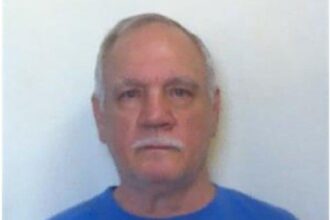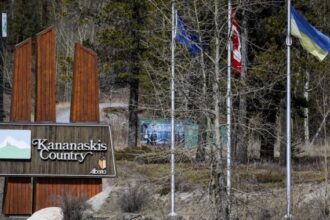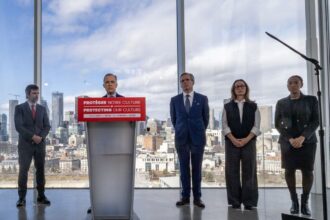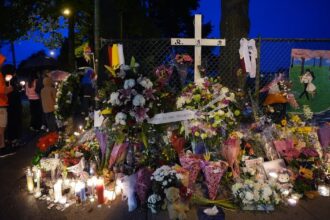In a sharp rebuke that highlights the growing tensions between Canadian political figures and former U.S. President Donald Trump, Mark Carney has fired back at Trump’s recent confusion about Canada’s leadership. The former Bank of Canada governor didn’t mince words when addressing Trump’s perplexing reference to “the president of Canada” during discussions about the upcoming peace summit in Egypt focused on Gaza.
“Perhaps Mr. Trump should focus on learning the basics of our government before he potentially leads the world’s most powerful nation again,” Carney remarked during a policy forum in Ottawa yesterday. “Canada has a prime minister, not a president – a distinction that anyone hoping to conduct international diplomacy might consider fundamental.”
The controversy stems from Trump’s comments at a campaign rally in Pennsylvania last weekend, where he erroneously stated he had been in discussions with “the president of Canada” regarding the summit. This gaffe quickly caught attention across Canadian political circles, with many noting it as another example of Trump’s casual approach to diplomatic precision.
Political analysts suggest this exchange represents more than just a correction of factual error. Dr. Elaine Thompson, professor of international relations at the University of Toronto, explains: “These moments of diplomatic confusion can seem trivial, but they reflect deeper issues of how America’s potential future leadership views its relationships with even its closest allies.”
The backdrop for this diplomatic dust-up is the upcoming Egypt-hosted peace summit aimed at addressing the ongoing crisis in Gaza. Prime Minister Justin Trudeau confirmed Canada’s participation in the summit, which seeks to establish a framework for sustainable peace in the region. The gathering will bring together key international stakeholders, though the United States’ role remains somewhat ambiguous amid shifting Middle East policies.
Carney, who has been increasingly vocal on Canadian political issues, didn’t stop at correcting Trump’s terminology. He went further to question whether the former president’s apparent lack of basic knowledge about neighboring countries should concern voters in the upcoming U.S. election.
“This isn’t about political differences. It’s about competence,” Carney stated. “When someone cannot correctly identify the governmental structure of their largest trading partner and closest neighbor, it raises legitimate questions about their ability to navigate complex international crises.”
Trump’s campaign team responded with a brief statement dismissing the criticism as “political posturing” and insisted that the former president “maintains excellent relationships with leaders worldwide,” though they did not directly address the governmental terminology error.
This exchange occurs against a backdrop of increasingly strained Canada-U.S. relations, particularly as both countries adjust to shifting economic and security paradigms. Trade tensions, border security concerns, and divergent approaches to international conflicts have all contributed to a relationship that, while still strong, shows signs of increasing complexity.
Canadian diplomats privately express concerns about how a potential second Trump presidency might affect bilateral relationships, particularly given his previous critiques of Canadian trade practices and NATO contributions.
As the peace summit approaches, attention will likely focus on the substantive diplomatic work rather than terminology gaffes. However, this exchange serves as a reminder of how personal relationships and basic knowledge can influence international diplomacy.
With global tensions heightening and the Middle East situation remaining volatile, the question emerges: In an era where diplomatic precision matters more than ever, how important is it for world leaders to demonstrate fundamental knowledge about their allies’ governmental structures before engaging in complex international negotiations?







